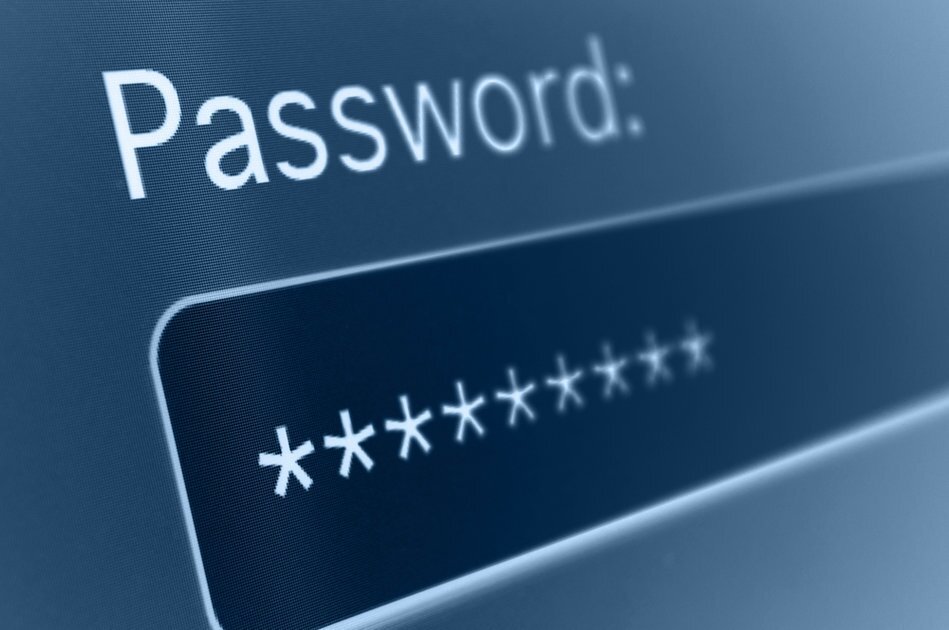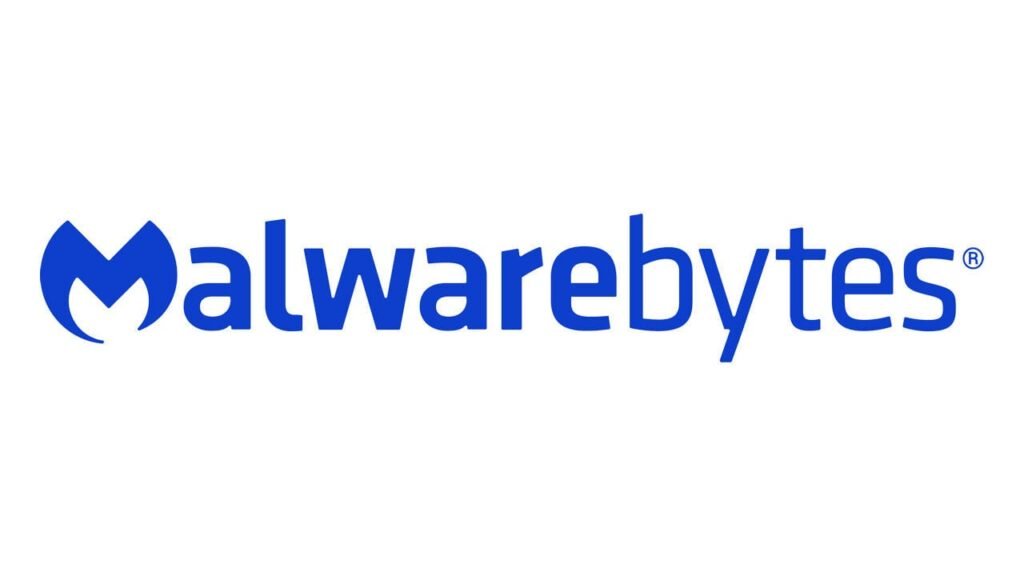Did you know that 65% of people reuse passwords on different accounts? This is a big problem for password security today. Even though 91% of people know the dangers of password reuse, 59% still do it1.
When you use the same password everywhere, you make it easier for hackers. If they get into one account, they can get into others too. People often reuse passwords up to 14 times, making it simple for hackers to get into many accounts1.
Learning about the dangers of password reuse shows why we need better ways to protect our passwords. This is key to keeping our online world safe.
Key Takeaways
- • 65% of people reuse passwords across multiple accounts.
- • 91% understand the risks, yet 59% still engage in password reuse.
- • The average person reuses a password up to 14 times.
- • Compromised passwords are responsible for 81% of hacking-related breaches.
- • Implementing unique passwords significantly reduces security risks.
- • Using a password manager can assist in managing complex passwords.
The Importance of Password Security
Password security is key to keeping your personal and financial info safe. The strength of your passwords affects how easy it is for others to access your data. A good password is long, random, and complex. Sadly, nearly 20% of passwords are already compromised, with 51% being reused across different sites2.
Understanding Password Strength
Studies show that longer passwords are much more secure. A password that's 12 characters long can have up to 95 quadrillion possible combinations. This makes it crucial to use a mix of letters, numbers, and symbols in your passwords. Weak passwords lead to over 81% of data breaches, highlighting the need for better password protection3.
Why Unique Passwords Matter
Using unique passwords for each account is vital. If one account is hacked, your other accounts are at risk too. Password managers help by creating and storing strong, unique passwords for you. They save you time and reduce the risk of breaches by 60%4
| Key Aspect | Statistics |
|---|---|
| Passwords Compromised | 20% |
| Passwords Reused | 51% |
| Increased Combinations (8 to 12 characters) | 200 billion to 95 quadrillion |
| Password-Related Breaches Reduced | 60% (using password managers) |
By focusing on password security and using strong, unique passwords, you can greatly improve your online safety423.
The Risks of Reusing Passwords Across Platforms
Using the same password for different platforms is risky. It makes it easier for hackers to find and use your login details. A big problem is that 56% of people use the same password for many accounts5.
Hackers use stolen passwords to get into more accounts. This is called credential stuffing. It's a big problem because it can lead to identity theft and money loss5.
Token Management and Cyber Attacks
Not managing tokens well can lead to cyber attacks. Hackers use stolen passwords to get into accounts. This can cause big problems, like identity theft and losing money5.
Buying stolen login details from the dark web makes things worse. It's important to manage your tokens well to keep your accounts safe.
Consequences of Password Reuse
Using the same password for many accounts can have serious consequences. For example, 12% of people use the same password for everything6. If someone gets into your account, you could lose a lot of money.
People often use the same password for four different places. This makes them more likely to get hacked5. Knowing these risks can help you stay safer online.
Online Security Risks to Your Accounts
The digital world brings us many conveniences. But, it also comes with big online security risks. When we use the same passwords for many sites, hackers can easily find and use them. It's important to know about threats like credential stuffing and ransomware attacks.
Credential Stuffing Explained
Credential stuffing is when hackers use stolen login info to get into many accounts. Sadly, 12% of people use the same password everywhere. This makes it easy for hackers to steal your identity and money7.
This can lead to serious problems in both your personal and work life.
Ransomware and Your Reused Passwords
Ransomware attacks use weak passwords to lock you out of your accounts. They then ask for money to unlock them. For example, the 23andMe data breach happened because of old passwords6.
To lower risks, using strong and different passwords is a must. Tools for managing passwords can help by storing them safely with one master password7. It's also wise to have regular security training and use extra login steps to fight these threats6.
Password Breaches: How They Occur
Password breaches can occur in many ways. They often result from a mix of _hacking tactics_ and weak security. Cybercriminals easily crack weak passwords like “123456” or “password.” This lets them get into accounts without permission.
Using the same password for many accounts makes things worse. It leads to big data breaches that reveal millions of passwords from big companies8.
Common Hacking Tactics
Cyber threats include phishing and social engineering. Attackers trick people into sharing sensitive info. Executives are especially targeted because they often reuse passwords9.
Dictionary attacks use common words to guess passwords. Brute force attacks try every possible combination. Advanced methods, like rainbow tables, can crack password hashes, showing the need for strong passwords8.
What Happens During a Data Breach?
In a data breach, personal info like email addresses and details can leak. This can lead to identity theft and financial loss. Unauthorized access can come from cyberattacks, insider threats, or weak security8.
Regularly checking accounts for odd activity helps. Teaching users about safe practices can also reduce the damage from breaches9.

Statistics on Password Reuse
Understanding password reuse is key to knowing how users behave online. A big chunk of internet users reuse passwords for different sites. Shockingly, 84% of people do this, which is very risky10. A Google survey found that 65% of users have the same habits for all their online accounts1.
Even though 91% of people know the dangers of password reuse, 59% still do it1. Users often use the same password up to 14 times. This shows how many people don't take security seriously1.
Survey Insights on User Behavior
Cybersecurity stats show how weak passwords can be a big problem. About 72% of people use the same password for work and personal stuff1. This leads to a lot of breaches each year; 81% of hacking breaches are due to weak passwords, says the Verizon Data Breach Investigations Report1.
With an average of 100 passwords per person, managing them can be tough. This often leads to poor password choices11. Also, 60% of Americans use passwords with 8 to 11 characters, which isn't strong enough against hackers11.
Cybersecurity Measures to Protect Yourself
In today's digital world, keeping your personal info safe is key. One top strategy is using multifactor authentication (MFA). This adds an extra step when logging into accounts, making it harder for hackers to get in, even if they have your password12. With Verizon's Security Report showing 81% of breaches come from weak passwords, MFA is more crucial than ever13.
Implementing Multifactor Authentication (MFA)
Using MFA means you're actively protecting your online presence. Many sites offer this feature, like getting a text or using an app for extra security. This makes it much harder for hackers to access your accounts1214.
Utilizing Password Managers
Password managers are a big help in online security. They help create strong passwords and keep them safe, reducing the risk of using the same password everywhere. With employees handling 191 passwords on average, a password manager makes it easier to keep your info safe12. This way, you're more likely to keep your accounts secure.
Secure Password Practices You Should Follow
As the digital world grows, keeping your accounts safe is more crucial than ever. Start by making strong, unique passwords for each online account. With an average of 75 passwords per person, managing them is a big task15.
Creating Strong and Unique Passwords
Use a password manager to create complex passwords. An 8-character password with different characters has billions of possible combinations, making it hard to hack16. Also, using passphrases of 16-20 characters can greatly improve your security17. Don't use easy-to-guess passwords or store them in browsers, as this can put you at risk.
Regular Password Updates and Monitoring
Changing your passwords every 60 to 90 days is key to staying safe17. Regularly checking your passwords can help avoid breaches. Using multi-factor authentication (MFA) adds an extra layer of security, requiring a second verification step16.
Data Security Precautions for Everyone
To keep your online world safe, you need to take some key steps. First, always use secure browsing. This means sticking to trusted websites and checking that their URLs start with HTTPS. Doing this can greatly reduce the chance of your data getting stolen.
Importance of Secure Browsing
Secure browsing helps you avoid many online dangers. It means staying away from sites that could harm your computer or steal your info. Phishing, for example, is a big threat that can steal your passwords and personal data. So, it's really important to be careful when you're online18.
Using VPNs on Public Wi-Fi
When you're on public Wi-Fi, using a VPN is a must. Public Wi-Fi spots are often not secure, making them easy targets for hackers. A VPN keeps your internet connection safe, protecting your data from being seen by others. With more data breaches happening, using a VPN is more important than ever18.
By making these steps a part of your daily routine, you can keep your online world safe. Remember, protecting your info is an ongoing battle. Stay alert and always be ready to defend against cyber threats.
Conclusion
Reusing passwords across different platforms is a big risk to your online safety and digital identity. About 59% of users do this, making them more likely to face cyber threats19. With cyberattacks on the rise, especially with a 70% jump in credential stuffing attacks in a year19, it's crucial to focus on password security.
Identity theft can cost you a lot, with victims losing around $1,343 on average19. It also takes a lot of time to fix these issues. Using password managers can cut your risk of security breaches by 80%19. Strengthening your passwords and using multifactor authentication can help protect your accounts.
In summary, using strong cybersecurity measures like unique passwords and password managers can greatly improve your safety20. Keeping your personal and sensitive information safe is key in today's digital world20.




